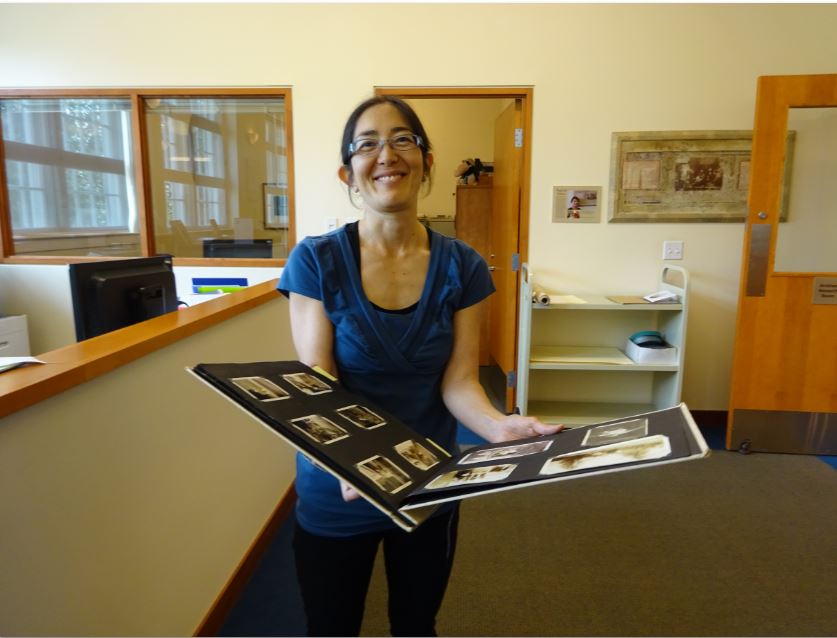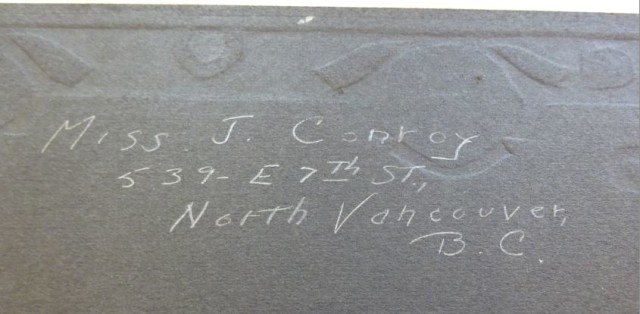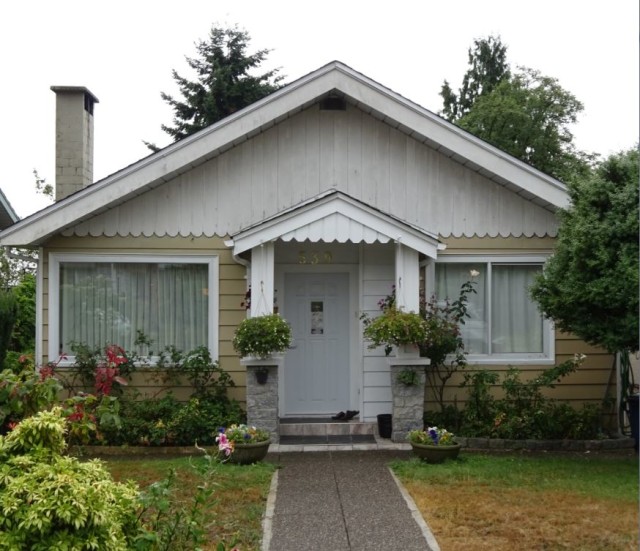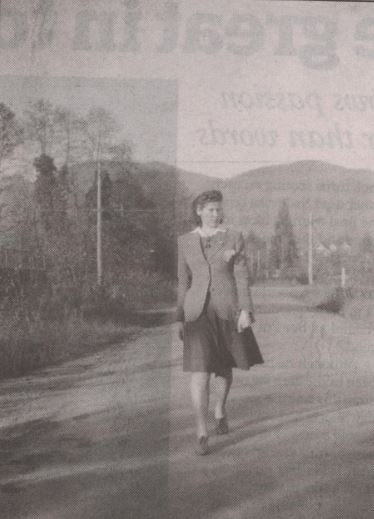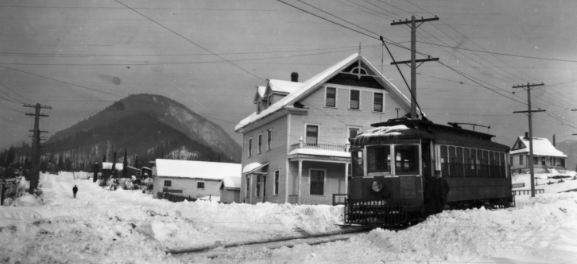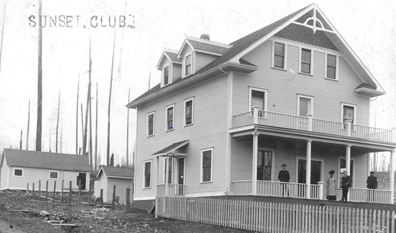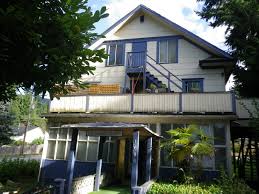Cold Case Vancouver: The City’s Most Baffling Unsolved Murders
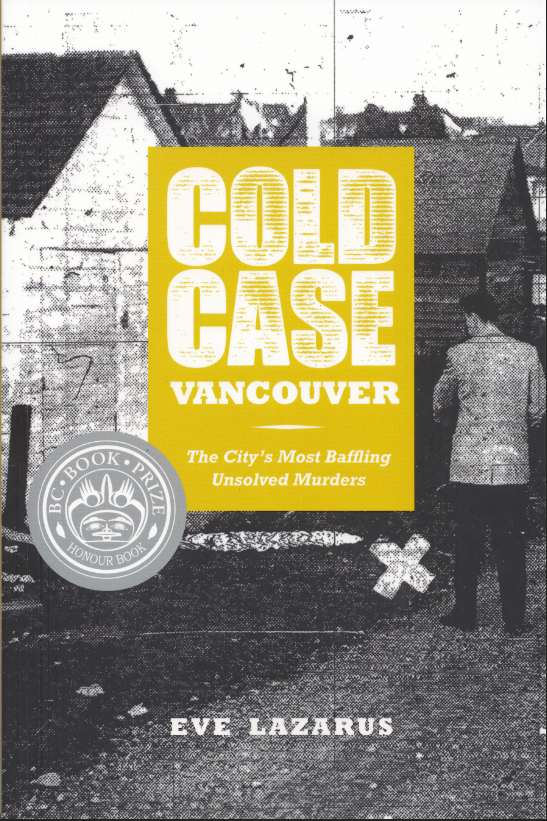
Jennie Eldon Conroy:
A few days after Cold Case Vancouver was finished and sent off for editing; I received an email from Daien Ide at the North Vancouver Museum and Archives. Daien had come into the possession of a family album with the owner’s name, Miss J. Conroy, inscribed in the inside front cover. Daien was intrigued and found out that 24-year-old Jennie Conroy was murdered in 1944, and that her murder remained unsolved.
I wrote up a blog post about Daien and the album, and got another email, this time from Jennie’s niece. She told me that Jennie had given birth to a daughter a few months before she was murdered, and that Mary was alive and well and living in New Zealand. Mary has spent years trying to fill in the details of her mother and of her adoption, of her father and of her mother’s murder, and she generously shared that information with me.
Thanks to my understanding editor, Susan Safyan, Jennie is now part of my book, and one of the hundreds of murders that remain unsolved in Metro Vancouver, some dating back several decades.
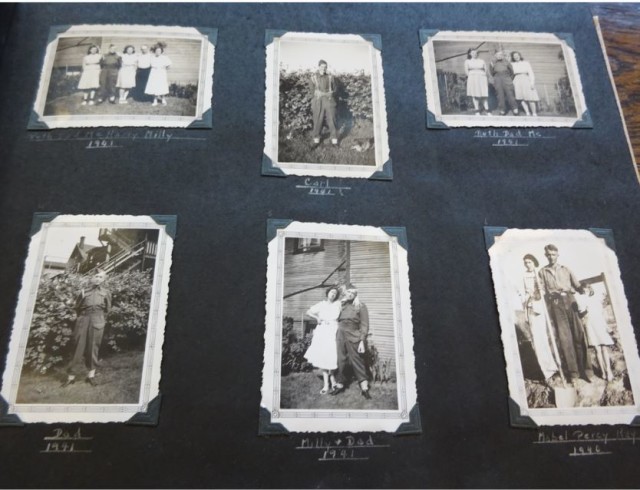
The Babes in the Woods:
I’ve included the story of the Babes in the Woods—the two small skeletons discovered in Stanley Park in 1953. The story has taken on almost mythical proportions, and the case offers a fascinating insight into how investigative techniques have evolved and how the development of DNA analysis changed the face of the investigation.
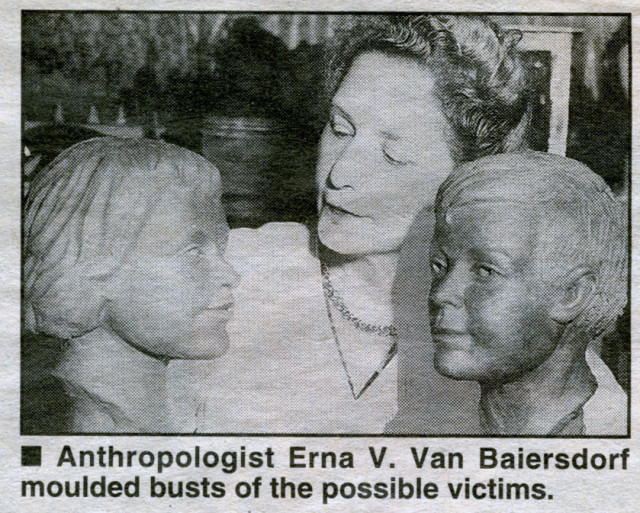
The other stories likely won’t be as familiar. The women, children and men that I’ve written about are essentially invisible, forgotten by everyone except their family and friends. I wanted to write a book that would help to change that, to tell the stories of their lives, not just of their murders, and I wanted to look at their murders through a historical filter.
Part history, part true crime:
I think of Cold Case Vancouver as part history book, part crime story, because the events that happened between 1944 and 1996 are often intertwined with the times. For instance, in the process of writing this book, a lot of people told me how much safer Vancouver was in the good old days. It’s not true. Vancouver had a violent streak and a string of sexual predators. The city could be a dangerous place, particularly for women, children, immigrants and gay men.
I picked up my first copies of Cold Case Vancouver from my publisher Arsenal Pulp Press on Wednesday, and copies are gradually make their way into bookstores over the next week or so.
I’ve also just launched a FB Page called Cold Case Canada. I’m hoping that it will be a place that people will drop by to discuss these and other cases, maybe add more detail, and perhaps even remember some piece of information that could help the police solve these murders.


